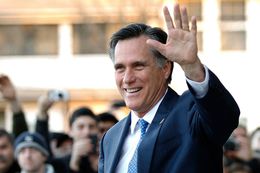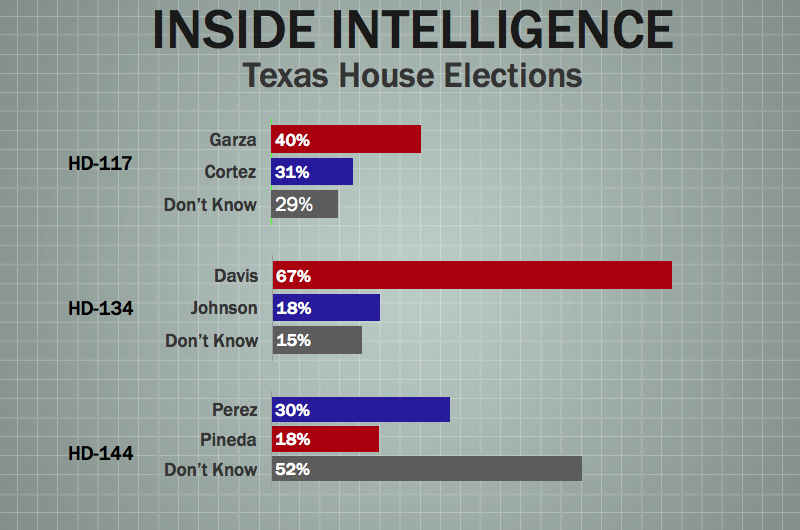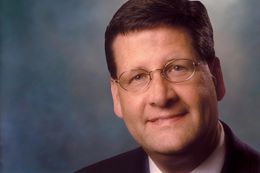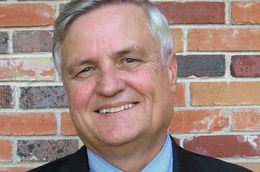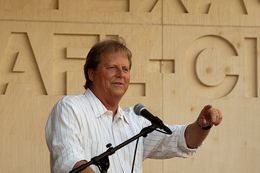
Ted Cruz is the Republican nominee for U.S. Senate from Texas, proof that it is possible for a long shot to win an election against a sure thing. The narrative he laid out for reporters, financiers, anyone who would listen back at the beginning of the year was that he could win with a toehold here and some traction there.
And he needed some time to get ahead of his other primary rivals and to build a case against Lt. Gov. David Dewhurst, who was the surest thing since sunrise. The time he needed was delivered by the federal judges who pushed the March primaries to May and the May runoffs to July.
Now comes Democrat Paul Sadler, a former legislator and current statewide unknown who doesn’t yet have the resources for the kind of campaign that would put him into contention, with his own version of the story Cruz was pushing back in January.
These sorts of things usually don't work, and when they do, they sound crazy at the beginning. Cruz ran a smart campaign, but also got very lucky in court. He started like all of these characters — like Victor Morales, or the Rick Perry who ran in 1990, or about a third of the Republicans who were elected to the House in the unexpectedly strong 2010 election. Sadler's, like theirs, is a threadbare story, a political quest starring Sadler as Arthur Pendragon or Luke Skywalker or Inigo Montoya, struggling against huge odds and triumphing in the end with trumpets blaring and angels singing.
Crazy, but hey, it's the top of the fight card. And Cruz, who could hardly refuse after the way he baited Dewhurst into debates, will appear with Sadler in at least two televised forums before the election. He's agreed to two in Dallas — on Oct. 2 and Oct. 19 — but declined an invitation for a debate in Houston.
Just think: verbal pugilism featuring two smart lawyers. Sadler hopes to win some attention there, and before, and is touting a poll done for his campaign that suggests voters are open to his positions — if only they know about them (FrederickPolls, 700 likely voters, Sept. 6-9). He says he's more willing to work with the other party than Cruz would be, and the poll says that's the more popular position. He supports Barack Obama, and the poll gives Cruz a strong thumbs up there.
The Democratic pollsters included some "push" questions, asking people if they'd support a candidate with various traits — all without naming the candidates. They favor the federal health care plan over health care vouchers proposed by Republicans, oppose building a wall on the border (especially if, as it's worded in the poll, it would cost $7 billion). The respondents had a negative reaction to a candidate who opposes abortion in cases of rape and incest. They were open to a lawyer who "held the same prestigious leadership position at Harvard as Barack Obama." That's Cruz. And they don't like the idea of killing the Department of Commerce and its National Weather Service "meaning he would bring an end to weather forecasts."
Sadler's team is trying to make a point with all of this — that voters would prefer the Democrat to the Republican if they and their positions were equally well known.
One question is whether that's true — that's what elections are for. The other is whether Sadler can get enough attention to test the case. Cruz had seven months for his long shot. Sadler has less than two.


